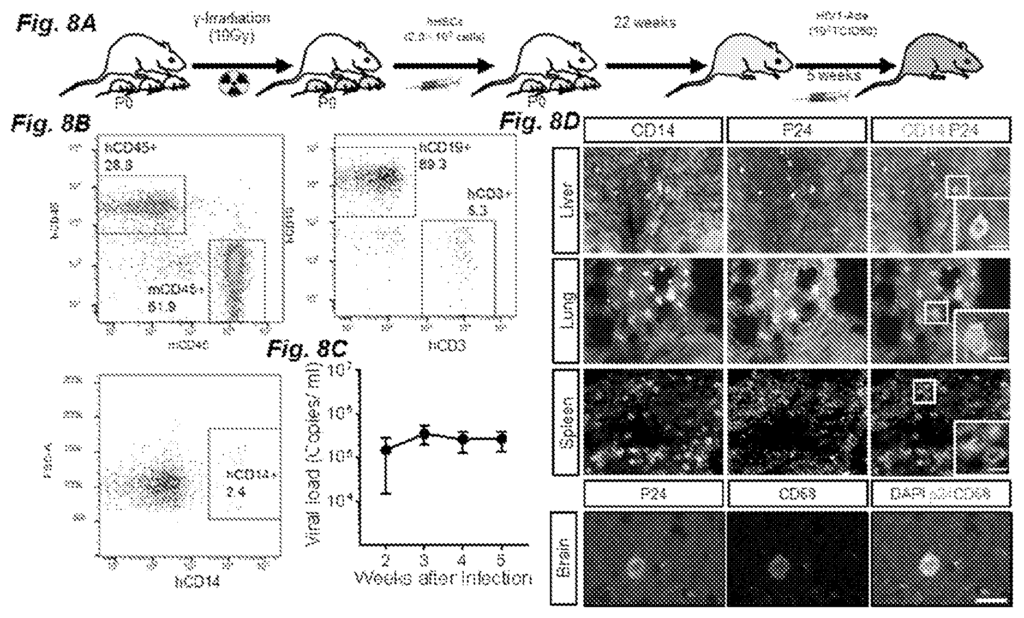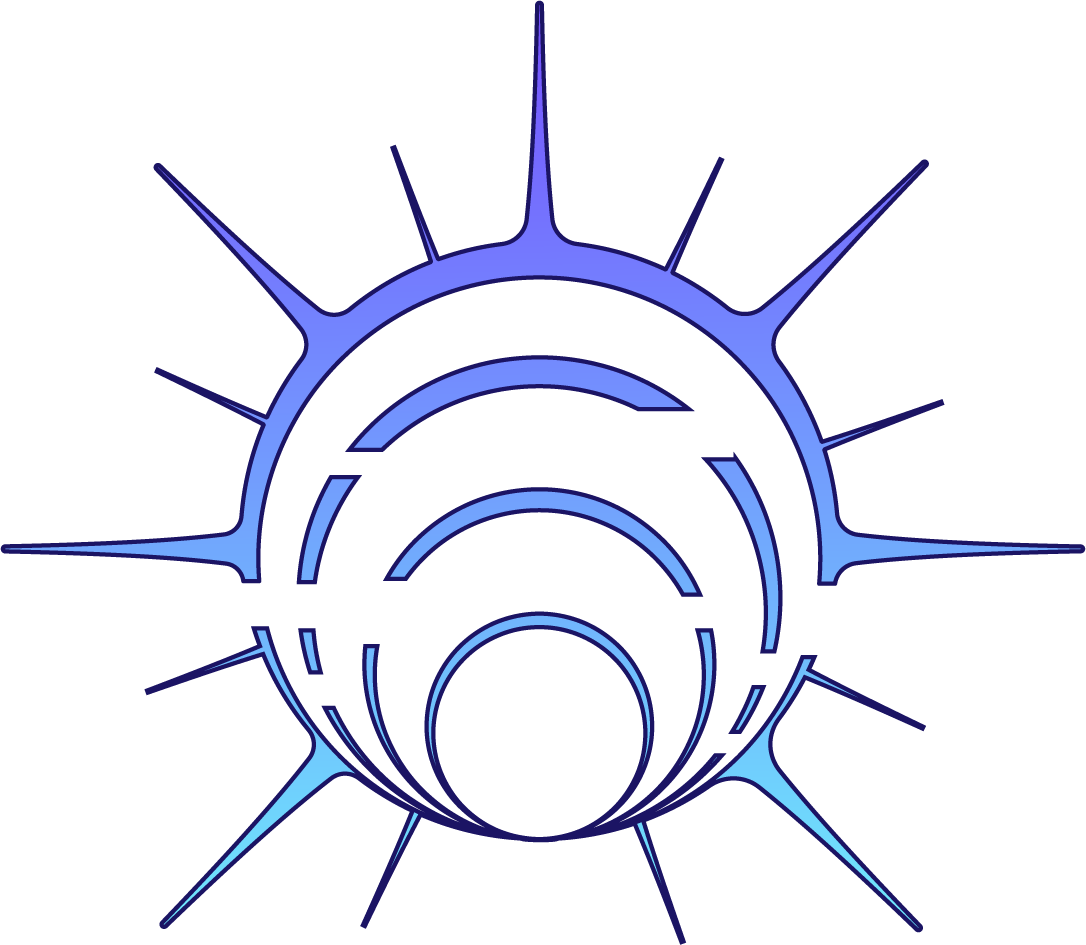A Novel Approach to HIV Treatment Through nSMase Inhibition
Introduction
The global fight against human immunodeficiency virus (HIV) remains one of the most significant public health challenges. While current antiretroviral therapies (ART) have made tremendous progress in managing the disease and extending patient lifespans, there is still no cure. Moreover, resistance to traditional therapies and long-term side effects continue to be major concerns. Our patented approach targeting the inhibition of nSMase offers a new pathway to potentially disrupt HIV replication, providing a promising alternative or complement to existing treatment regimens.
The Need for Innovative HIV Treatments
Although antiretroviral therapies have successfully controlled HIV for millions of people worldwide, these drugs are not without limitations. They often require lifelong adherence, and any interruption in treatment can lead to viral rebound. Additionally, patients may develop resistance to their ART regimen, leaving fewer treatment options. Managing long-term toxicity and side effects also poses significant challenges, as does the virus’s ability to integrate into host DNA and remain dormant. These obstacles highlight the need for new therapeutic strategies that go beyond the current standard of care.
Disrupting HIV Replication Through nSMase Inhibition
Our technology targets nSMase, a critical enzyme involved in the viral replication process of HIV. By inhibiting nSMase activity, this therapeutic approach aims to prevent the virus from spreading within the body. This mechanism offers a novel route to attack the virus, potentially reducing the viral load while minimizing some of the challenges associated with traditional ART drugs.
One of the key advantages of this approach is its potential to work synergistically with existing HIV therapies, enhancing the overall effectiveness of treatment. Furthermore, nSMase inhibition may reduce the risk of drug resistance developing, offering patients a more robust and long-lasting solution. This patent also opens the door to developing therapies that could mitigate some of the chronic inflammatory conditions often associated with HIV, improving overall patient health and quality of life.
What Makes This Approach Stand Out
- Unique Mechanism of Action: Inhibiting nSMase directly targets the viral replication process, offering an entirely new way to manage HIV infections.
- Potential for Synergy: This approach can complement current ART treatments, enhancing efficacy and offering a multi-faceted attack against the virus.
- Reduced Drug Resistance: Targeting a different aspect of the viral lifecycle reduces the likelihood of resistance, a critical advantage in long-term treatment plans.
- Better Patient Outcomes: This technology has the potential to not only control viral loads more effectively but also improve overall health by reducing inflammation associated with HIV.
An Essential Opportunity for the Future of HIV Treatment
Licensing this nSMase inhibition technology offers a unique opportunity to bring a new class of HIV therapies to market. With the global HIV epidemic still requiring innovative solutions, this approach provides hope for both improving current treatments and addressing unmet medical needs in the fight against the virus.

- Abstract
- Claims
That which is claimed:
Share
Title
Inhibition of nSMase for the treatment of human immunodeficiency virus infection
Inventor(s)
Norman Haughey, Barbara Slusher, Camilo Rojas
Assignee(s)
Johns Hopkins University
Patent #
11759466
Patent Date
September 19, 2023




















